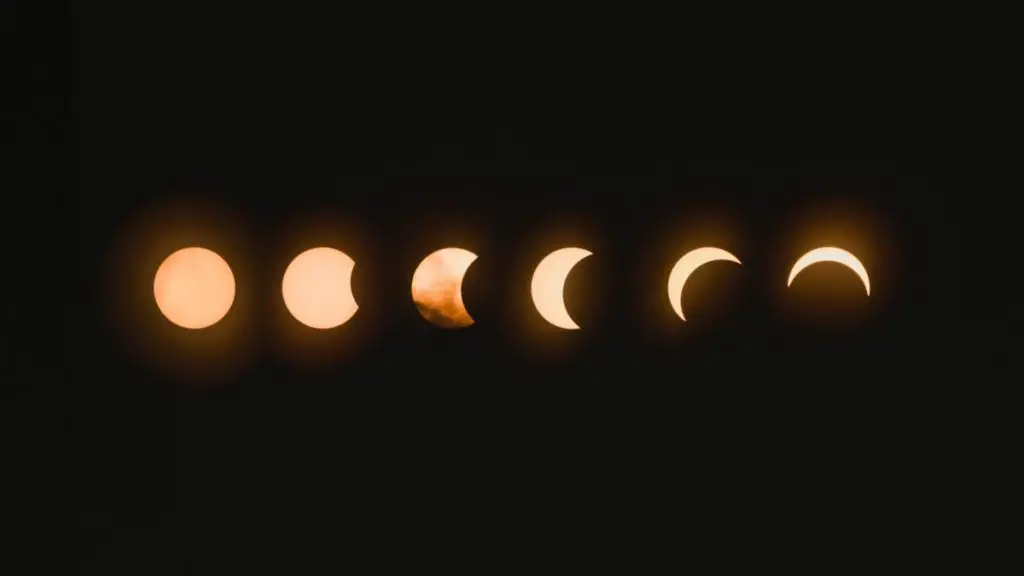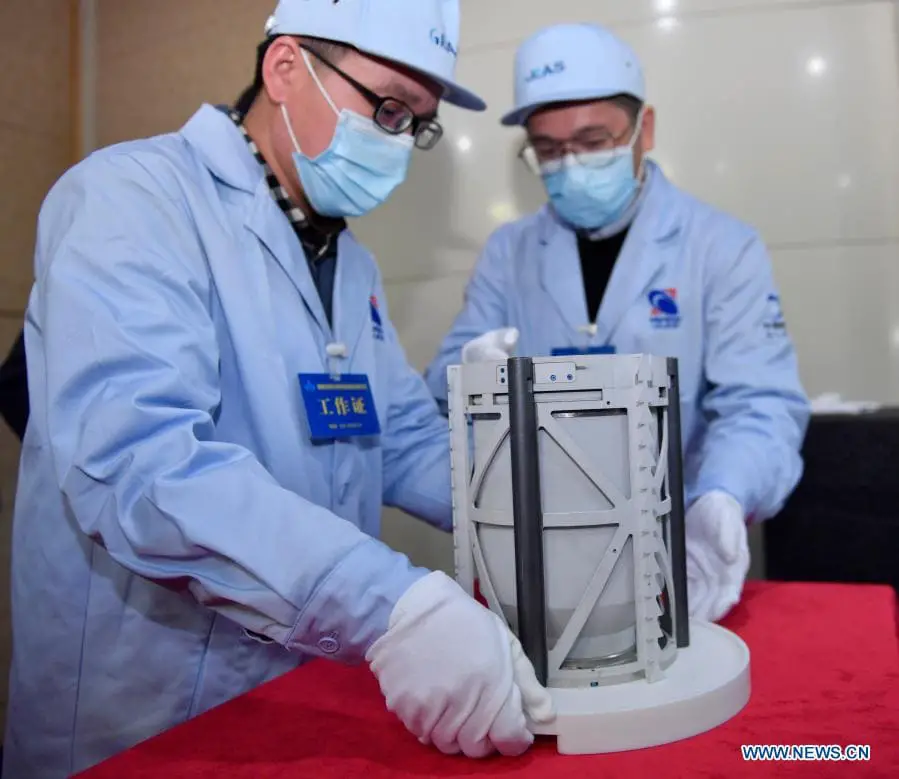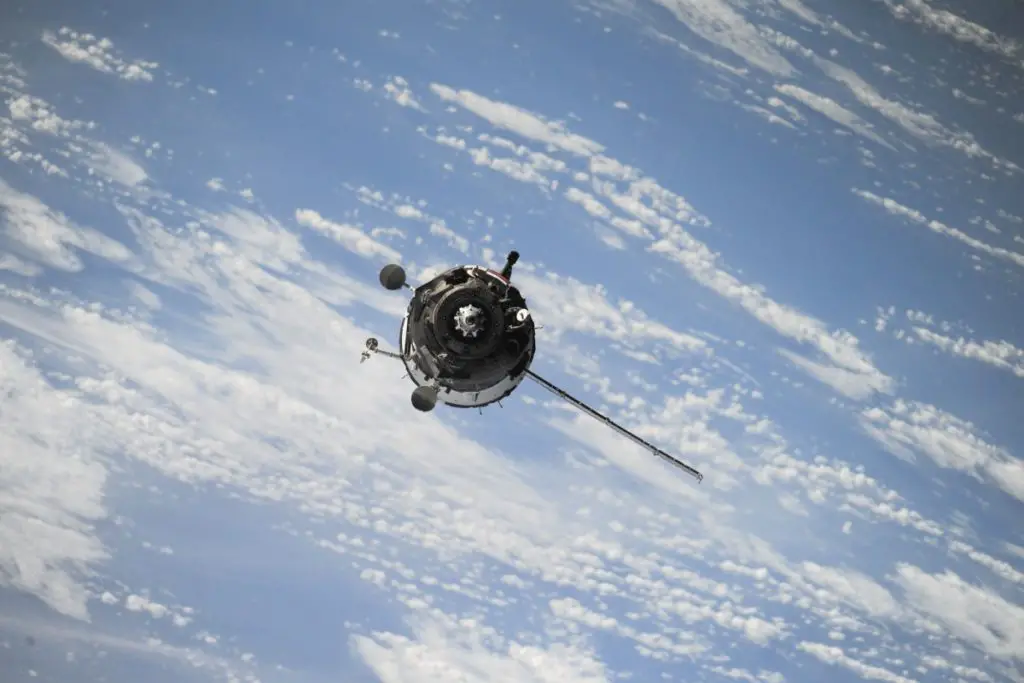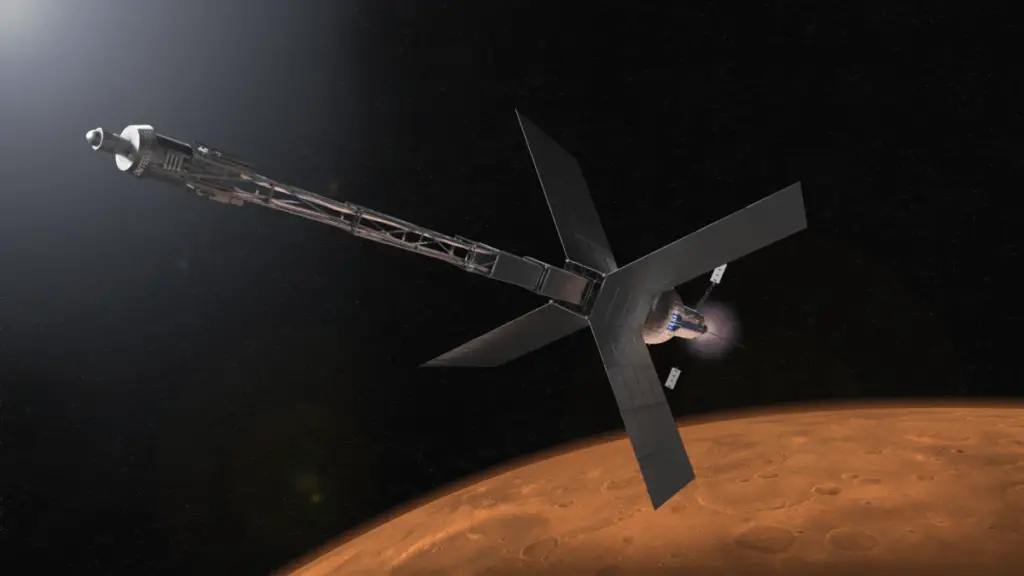
The record for the largest population aboard the International Space Station was set in 2009, where there was a total of 13 people cramped together in the modules. Despite having less than 15 people aboard the ISS at any given time, space laws were still erected, but not in the capacity you might be thinking of.
1. The Exploration and Use of Outer Space Must Be in the Benefit and Interest of All Mankind
Under the United Nations Office for Outer Space Affairs (UNOOSA), a group by the name of the United Nations Office Committee on the Peaceful Uses of Outer Space (COPUOS) constructed legal principles by which all space laws, agreements, and declarations must abide by, operating under the core principle that activities in outer space by all signed states (countries) MUST be for the benefit and interest of all mankind.
2. Outer Space Property Cannot Be Claimed
The principle states “outer space and celestial bodies are not subject to national appropriation by claim of sovereignty, by means of occupation, or by any other means” (1).

“National appropriation” in this case can be understood as actions taken by a national body, which does not explicitly ban individual claims to properties in space. It is through this supposed loophole that Dennis Hope, the self-proclaimed “owner” of the moon has sold more than 611 million acres of lunar land at $19.95/acre.
“I sent the United Nations a declaration of ownership detailing my intent to subdivide and sell the moon and have never heard back,” Dennis says.
Unfortunately, Dennis and everyone who invested into this lunar real estate might have received the short end of the stick.
Fabio Tronchetti, with positions as the Co-Director of the Institute of Space Law and Strategy, and the Adjunct Professor of Comparative National Space Law at the School of Law of the University of Mississippi, explains the flaw in the current understanding for private ownership of space real estate (2):
“Private entities are allowed to carry out space activities, but according to Article VI of the Outer Space Treaty, they must be authorized to conduct such activities by the appropriate State of Nationality. But if the State is prohibited from engaging in certain conducts, then it lacks the authority to license its nationals or other entities subject to its jurisdiction to engage in that prohibited activity.”
In other words, for a private entity to conduct space activities (ex. claiming ownership of the moon), they must be authorized by their appropriate State of Nationality. But if even the state doesn’t have the authority to lay claim to space real-estate, then we as individuals are out of luck.
3. Since Space Exploration Must Benefit And Be In The Interest of All Mankind, We Have to Take Into Particular Account the Needs of Developing Countries
The declaration specifically states – the exploration and use of outer space must be for peaceful purposes, and “it shall be carried out for the benefit and in the interest of all States, irrespective of their degree of economic, social or scientific and technological development, and shall be the province of all mankind.” (1)
More specifically, the states (countries) with relevant and more advanced space capabilities and programs should give particular attention to developing nations, as well as countries with a fledgling space program that can benefit from such international cooperation.
This cooperation could include providing technical assistance, as well as the rational and efficient allocation of financial and technical resources.
4. The Exploration and Use of the Moon and Other Celestial Bodies Must be Exclusively for Peaceful Purposes
Simple enough, the use and exploration of the Moon and other celestial bodies must not be for enacting threats or hostile actions. This means no establishment of military bases or the use nuclear weapons and other weapons of mass destruction, not only on the surface but also in trajectories or orbits around the Moon and other celestial objects!
Although, the use of military personnel is permitted for scientific research and other peaceful purposes. Whether it be to safeguard from extraterrestrial threats or humans, we will have to wait to find out!
As the moon cannot be owned by anyone, there will be freedom of scientific investigation on the Moon by all parties without discrimination. Moon samples, including their minerals and other substances, are at the disposal of the party that caused the collection. If desired, they may make a portion of their samples available to interested parties, which may include countries and international scientific communities for investigation.

With the recent success in the return of lunar samples from China’s Chang’e 5 mission, China has stated there would be three main uses for them: science, public outreach, and the sharing of samples with other countries and scientists around the world. However, cooperation with NASA will have to depend on U.S. space policy, which may very well ban American institutions from getting their hands on the moon rocks.
5. Astronauts and Objects Launched into Outer Space is the Responsibility of the Launching Party, Including Their Rescue and Return to Earth
If a spacecraft were to make an emergency or unintended landing in a territory, not under the jurisdiction of the launch party, the discovery of and any information on spacecraft personnel that is experiencing conditions of distress must be communicated immediately to its launch state. Although that is the first course of action, there are also other measures to be taken depending on the spacecraft’s location.

If the spacecraft has descended on the high seas (open ocean not within any countries jurisdiction), any contracting parties (parties that have signed this declaration) that are in a position to help, should extend assistance in search and rescue operations to assure a speedy recovery. Any steps taken to this effect needs to be communicated to the launching authority as well as the Secretary-General of the United Nations.
This agreement does not only pertain to spacecrafts and its related personnel, but also components of space objects.
6. The Owner of a Space Object is Liable for Any Damages It Has Caused on Earth or Outer Space
“Damage” as defined (1) means the loss of life, personal injury, impairments of health, loss of or damage to property of states, persons, or international intergovernmental organizations.
The launching parties of the space object is completely liable and provide compensation for any damages caused by it, this may include damages on the surface of the Earth or to aircrafts in flight (i.e., artificial satellites, probes, etc.).
The only way a launching party could be cleared from absolute liability is if they manage to establish that the damages was a result of the negligence of the affected party. Surprisingly, this convention does not apply to Nationals of the launching state. Meaning if a NASA owned satellite crashed into an American’s house on American soil, NASA is not liable for any damages.
This clause can be found on pg.17 of the referenced document (1), and in my opinion is absolutely absurd (unless I misunderstood). Let me know what you guys think and if I made a mistake!
7. Any Objects Launched into Outer Space Must Be Registered
When a space object is launched into Earth orbit or beyond, the launching State must register and maintain its registration with the Secretary-General of the United Nations. Other than basic information required such as name, date, and location of launch, the launching state must also provide orbital parameters including Nodal period, Inclination, Apogee, Perigee, as well as the general function of the space object.
If you are interested and want more information on the specifics for the maintenance of registration, you can check out pg. 24-49 of the referenced international space law (1).
8. Artificial Satellites Used for International Direct Television Broadcasting Should Not be Restricted in the Distribution and Exchange of Knowledge
The most important principle from the International Space Law document (1) for the use of artificial satellites involving international direct television broadcasting states: “Access to the technology in this field should be available to all states without discrimination on terms mutually agreed by all concerned”.

Without discrimination, the use of artificial satellites for television broadcasting should promote the non-restricted mutual exchange of information in cultural and scientific fields, assist in educational, social, and economic developments, particularly in the developing countries to enhance the qualities of life of all people, and accelerate their national development. (1)
The violation of copyrights has always been a prevalent issue, in which the document adheres to the pre-existing agreements between the affected states. However, special considerations should be given to the interest of developing countries.
As you might have already realized, the provisions given by the United Nations endorsed International Space Law is vague, to say the least. We can only hope the development of the space law industry will not fall behind to ensure the proper use and exploration of outer space.
9. Remote Sensing of the Earth from Outer Space Needs to be Carried Out for the Benefit and Interest of All Countries
Remote sensing in this case can be understood as sensing of the Earth’s surface from space by use of electromagnetic waves, reflecting or diffracting from a sensed object. Any data collected, processed, and analyzed needs to be for the purpose of improving natural resources management, land use, protection of the environment, and protection of mankind from natural disasters.
There should be international cooperation involved, involving opportunities for other states to participate, and establish data collection and storage stations. This should be based upon a framework of any pre-established international mutual agreements to maximize the availability of benefits from remote sensing activities.
To aid developing countries in their rate of development, states can enter into mutual agreements upon request for permission to sense territory belonging to those of the developing country. This not only makes available opportunities for participation but enhance the benefits derived for both sides.
10. The Use of Nuclear Power in Outer Space is Permitted but Must Operate Under Strict Guidelines
The disadvantages of nuclear power are apparent. It has been popularized by history and pop culture as a form of destruction that might mark the end of humanity. And with no doubt, there are truths to such notions.
But consider this, Nuclear is the largest source of clean energy in the United States, and it produces more than 55% of the nation’s emission-free electricity. It is not only a viable source of energy for future spacecrafts, but it could also be used as a form of energy production for intergalactic space colonies.

Image by NASA
You could say nuclear power is a necessary evil for the state of humanity’s current progress in technology, but that is no excuse. To minimize the quantity of radioactive material and reduce the risk involved, it has been declared the use of nuclear power sources in outer space must be restricted to missions that cannot be operated by non-nuclear energy in a reasonable way.
For missions that with certainty require the use of nuclear power, the design and use of space objects with a nuclear power source onboard must ensure a high degree of confidence that any hazards are kept below acceptable levels. (exposure to limited geographical regions and individuals controlled at the principal limit of 1 mSv [measurement for whole-body radiation dose] in a year)
In the case for nuclear reactors – they are allowed to operate on interplanetary missions, in sufficiently high orbit above Earth, and operatable in low-Earth orbit ONLY if they are stored in sufficiently high orbit after the operational part of their missions. Nuclear reactors can only use highly enriched Uranium 235 as fuel as its reaction is sustainable in comparison to U-238.
The use of Radioisotope Thermoelectric Generators (RTG) was also mentioned, given that they operate under the same principles as outlined above. RTG are rare devices that convert the waste heat given off by radioactive decay processes into useable electrical energy. They can usually be found on space-bound objects (ex. satellites, probes) that can’t obtain energy efficiently by any other means.
References
- International Space Law: United Nations Instruments. (n.d.). UNOOSA. Retrieved Jan 5, 2021, from https://www.unoosa.org/res/oosadoc/data/documents/2017/stspace/stspace61rev_2_0_html/V1605998-ENGLISH.pdf
- Pershing, A. D. (n.d.). Interpreting the Outer Space Treaty’s Non Appropriation Principle: Customary International Law from 1967 to Today. Yale. Retrieved January 6, 2021, from https://digitalcommons.law.yale.edu/cgi/viewcontent.cgi?article=1697&context=yjil
